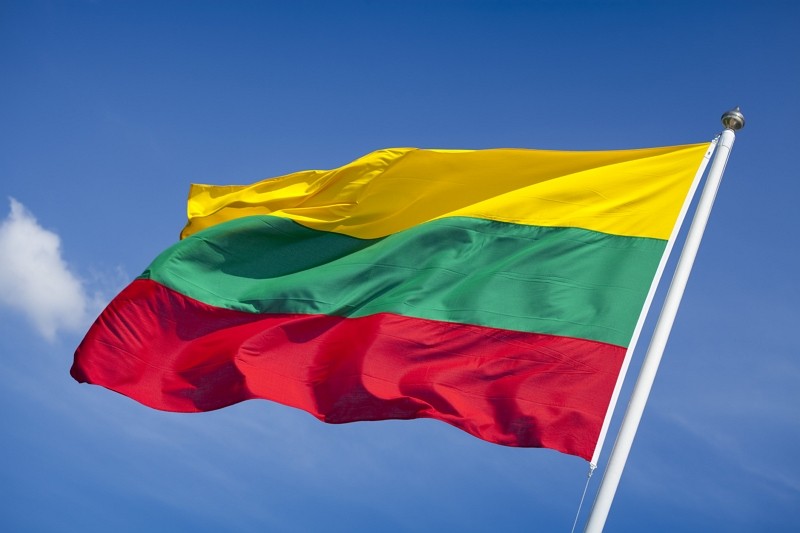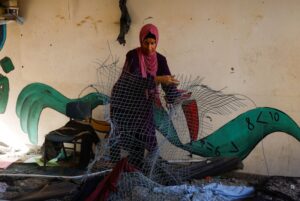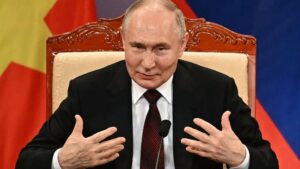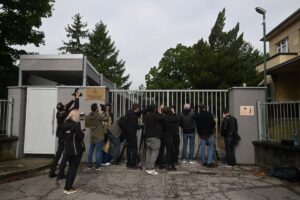Lithuania declares over 1,000 Belarusians and Russians as national security risks.
Lithuania declared more than a thousand citizens of Russia and Belarus living in the country to be threats to national security on Friday and said it was revoking their permanent residency permits.
The decision comes after the government requested Russians and Belarusians to respond to a questionnaire about their views on Russia’s invasion of Ukraine and the status of Crimea, which Russia illegally annexed in 2014.
Lithuania, a Baltic nation that declared its independence from the Soviet Union over 30 years ago, is a democracy and a member of NATO and the European Union. It has been a strong supporter of Ukraine and a refuge for many fleeing political repression in neighboring Belarus and increased repression in Russia.
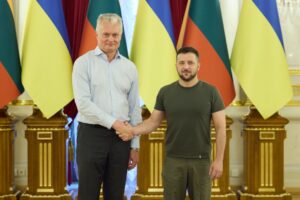
On Friday, the Migration Department found 1,164 Belarusian and Russian citizens in Lithuania a security threat. Among them, 910 were Belarusian citizens, and 254 were Russian citizens.
The responses to the questionnaire played a role in deciding whether to grant or deny residence, according to the Migration Department, the government office that conducted the survey.
Those considered national security threats represent only a fraction of the Belarusians and Russians living in Lithuania. The Migration Department revealed that over 58,000 Belarusian citizens and 16,000 Russian citizens currently reside in Lithuania. They must renew their residence permits every year to three years, depending on their application status.
Those who had their permits revoked can contest the decision in court. Others will have up to a month to leave the country, as per the Migration Department’s guidelines.
Government Silence and Public Opinion
The Russian or Belarusian governments have not responded immediately to the situation.
Viktor Voroncov, a businessman who moved from Russia several years ago, learned Lithuanian, obtained citizenship, and supported the decision.
“I know many Russians who served in the Soviet and later in Putin’s army. They are married to Lithuanian wives, they live here, maintain close contacts with comrades in arms back in Russia and are spreading Kremlin propaganda constantly,” Voroncov said.
“Lithuania is a democratic country and tolerates different views. Even their propaganda was OK until the war started, but things have changed and they must go,” he added.
Lithuania is also home to an ethnic Russian minority, making up about 5 percent of the population. However, they were not required to answer the questionnaire.
